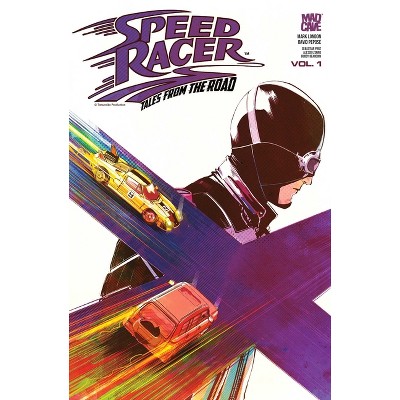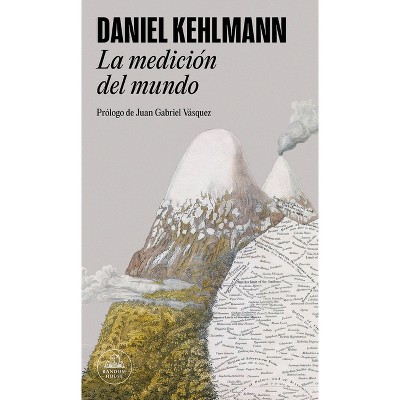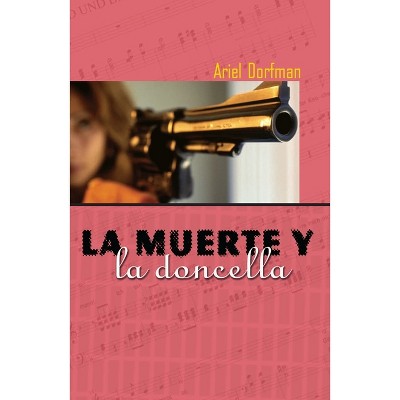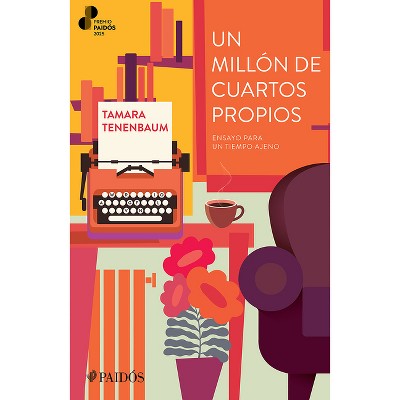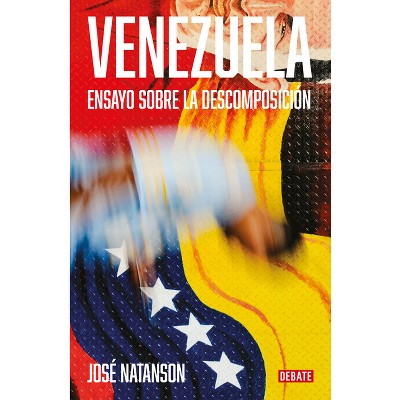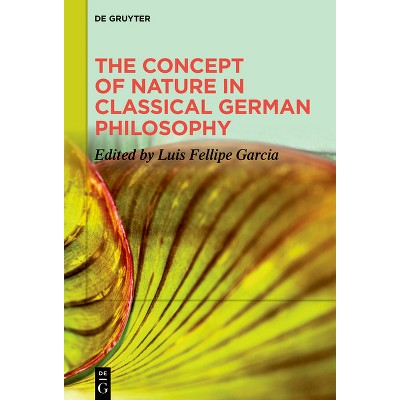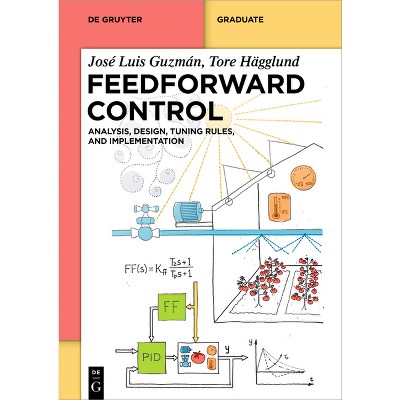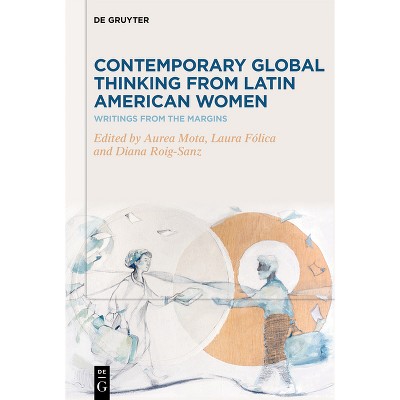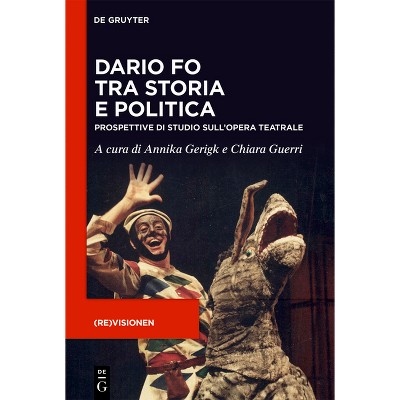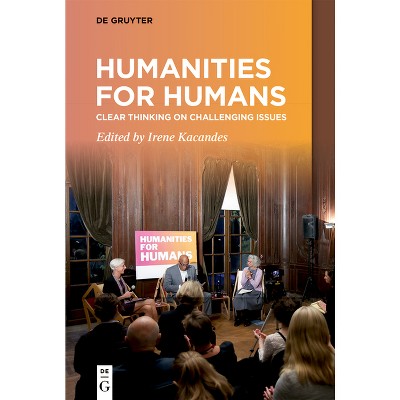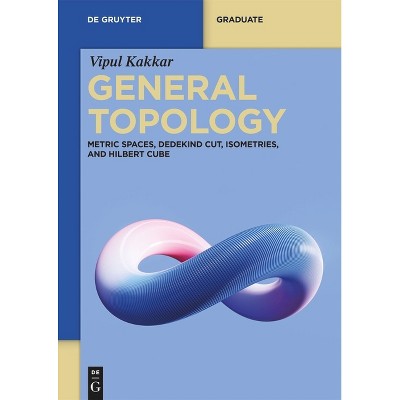Sponsored

Ciudades Y Mundos Posibles - by Luis Mora-Ballesteros (Hardcover)
In Stock
Sponsored
About this item
Highlights
- A critical examination of Latin American urban novels from the 2000s highlights a growing trend to view the present and depict the future in a negative and destructive light.
- About the Author: Luis Mora-Ballesteros is Assistant Professor of Spanish and Latin American Literature at the United States Naval Academy (USNA).
- 193 Pages
- Literary Criticism, European
Description
About the Book
Latin American novels of the 2000s project two scenarios on real society: a present plane and a prospective horizon, in which totalitarian regimes emerge, climate collapse is announced or global citizen surveillance projects are pursued. This book aBook Synopsis
A critical examination of Latin American urban novels from the 2000s highlights a growing trend to view the present and depict the future in a negative and destructive light. This book studies 10 fictions that bring together transgressive, violent, prospective, and sociopolitical aesthetics: Piedras encantadas (2001), by Rodrigo Rey Rosa (Guatemala); Angosta (2003), by Héctor Abad (Colombia); El cerco de Bogotá (2003), by Santiago Gamboa (Colombia); Insensatez (2004), by Horacio Castellanos (Honduras); Nocturama (2006), by Ana Torres (Venezuela); Averno (2006), by Gabriel Jiménez (Venezuela); La última vez (2007), by Héctor Bujanda (Venezuela); El sueño de Mariana (2008), by Jorge Galán (El Salvador); El cielo llora por mí (2008), by Sergio Ramírez (Nicaragua), and Bajo tierra 2008), by Gustavo Valle (Venezuela). The analysis of the corpus allows us to identify the thematic evolution of the violent city, the infernal city, the dystopian city, the post-revolutionary city and the algorithmic city, as well as their corresponding forms and writing strategies, which could constitute the articulation of some possible worlds.
About the Author
Luis Mora-Ballesteros is Assistant Professor of Spanish and Latin American Literature at the United States Naval Academy (USNA). His field of research is dystopian fiction and urban representations in 21st-century Hispanic American literature. He is the author of the books Critical Practices: Notes on Urban Literatures of the Hispanic Caribbean (2022), co-editor of Transgressions in Ibero-American Letters: Visions of Poetic Language (2021), Diasporas, Exiles, and Representations in Hispanic American Art and Literature (2023), and co-author of the Basic School Dictionary Saber (2016). His creative work includes the novels La sombra del comandante (2022), and Border Diptych (2024). https: //orcid.org/0000-0003-1143-9783.
Shipping details
Return details
Guests also viewed

